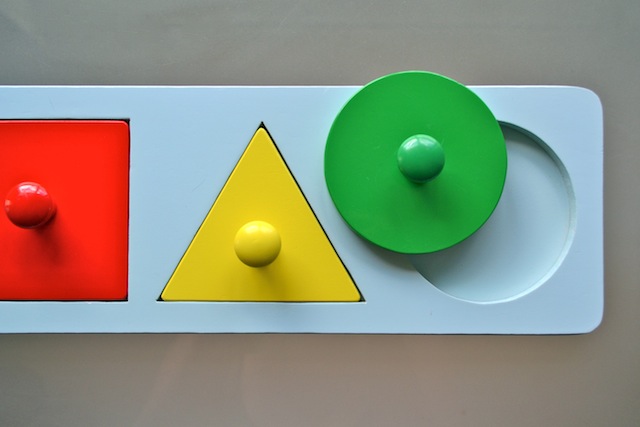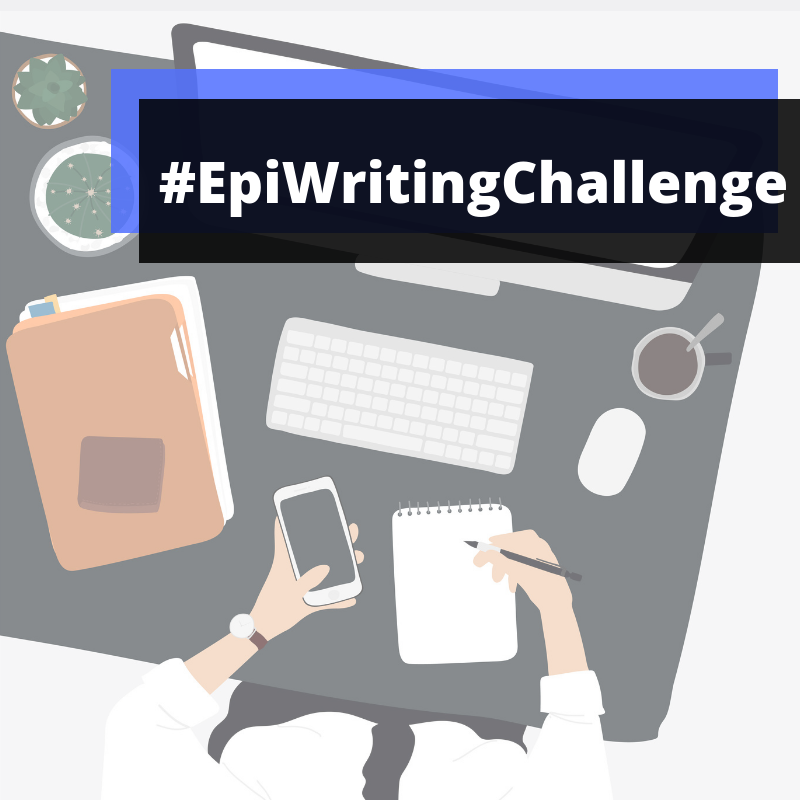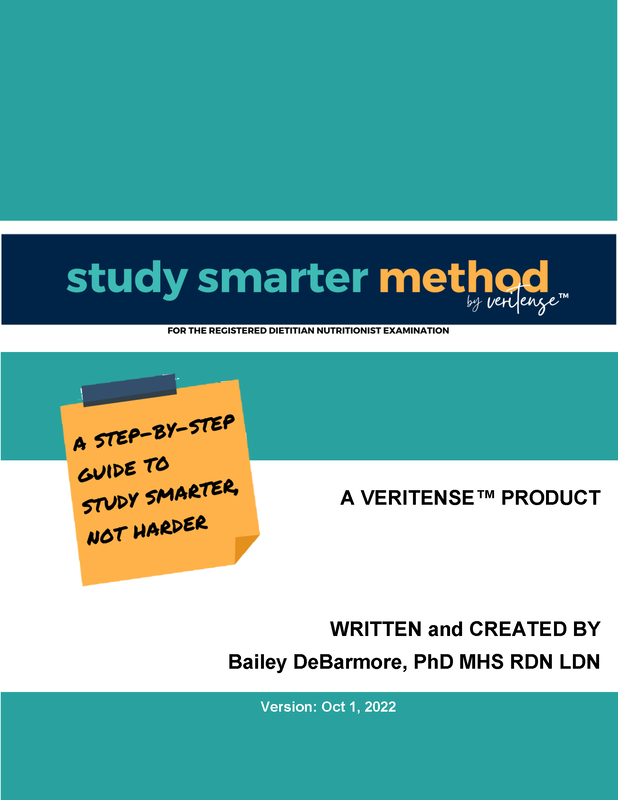|
Orientation brings a tsunami of information crashing down on your head. Administrators and students acknowledge this fact in your meetings with a smile and joke. But by the end of the day, your pleasant expression has twisted and you'd prefer they get on with it. But it's not their fault - what you really need is for the semester to fast forward a week or two. Diving into course material in class, instead of syllabus review. A routine for your schedule - problem sets due Fridays, lab reports due Wednesdays, happy hour on Thursdays. Everything fitting in neat little boxes in your head, instead of the nebulous cloud of worry and the frantic feeling you're forgetting something. I am 2 days into my first semester as a doctoral student, and am able to clearly see the difference in my mood, my anxiety levels, and my outlook compared to starting a new year in undergrad and during my master's program. I'm not worried about the exams or teaching styles. I've had enough professors to trust that I can assess and adapt. I'm worried more with funding, and meeting training expectations, and turning in paperwork on time. These small tasks that build up in your email inbox, while you try to organize the rest of your life. But stick in the back of your head. Even with them written down on my task list, I find myself remembering them days later, with a quick jolt to the chest checking the deadline. But guess what? It all just fell into place. I can't give you a 3 step how-to list to make everything fall into place. That would be forcing circles in square holes, and squares in triangle holes. What I can do is provide you with guidelines to remember when you are going through a difficult time at the beginning of the semester. Set yourself up for success. You may have read this elsewhere on my blog, but I'll say it again - figure out what works for you, and do it. It may take some trial and error, but that's okay. (I'm talking to you perfectionists). I'm talking about agendas, schedules, planners, to do lists, and whatever combination of them appeals to you. Your system should have space for: * class schedule * assignment calendar * to do list * random notes (grocery list, brilliant ideas, yoga class schedule, etc.) It can be iCal or Google Calendar with tasks lists and notepad. It can be a blank notebook where you write everything down. It can be a bullet journal, like mine. It can be a purchased agenda with sticky notes. Think about - pen & paper or computer/phone? What do you always have with you? Do you need internet to access your calendar? Do you want your ideas in a notebook and your schedule on a calendar? What will you always check? Always update? You want to spend time copying your assignment schedule and other important tasks down. By doing so, you are externalizing this information and it is therefore removed from your brain and no longer plaguing your self-conscious. The result is a mind free to wander creatively or to focus on the task at hand. Stop multi-tasking. Make a list of what occupies your time. Sleeping, meal prep, exercising, classes, meetings, and homework time (among others). Your schedule has some solid pieces - think classes and meetings. The other parts may float around, but you should give them a home. You won't make it to the gym everyday if you don't make a plan for it. You'll find yourself exhausted after your long day and pushing it off one more time. Once you have time in your schedule for these things, you can focus on each task during the allotted time. You know you have an hour to be at the gym before class - you don't need to think about other things. You know you have two hours now to finish your readings, and then an hour to work on math. You can take a 10 minute break in between to check emails. No need to keep one eye on your book and one eye on your email while reading. Multi-tasking reduces your ability to perform in each task area you attempt, and it increases your overall levels of stress. I highly suggest the Pomodoro method - 20 minutes of work, 5 minute break, repeat for a cycle, and then take a longer break. You know a break is coming, and your brain can rest. There are a number of online tools that will keep track of time for you (try googling them). Be patient.
If you know what tasks you need to be doing, and that you have allotted time to do them, you can sit back and rest easy. Often we stress about things out of our control - the grant application that is already sent off to committee, or a financial aid application that doesn't open until the next month. Mark in your calendar when to check in on these items, and then let go of them for now and focus on what is at hand. Lastly, when things fall into place, take a moment and bask in that good feeling. Think about how you achieved it, smile, and then continue with your day. Support others around you, and support yourself. Good vibes only, Bailey
0 Comments
Your comment will be posted after it is approved.
Leave a Reply. |
popular postsLike what you read?
categories
All
archives
July 2024
This website uses marketing and tracking technologies. Opting out of this will opt you out of all cookies, except for those needed to run the website. Note that some products may not work as well without tracking cookies. Opt Out of Cookies |









 RSS Feed
RSS Feed